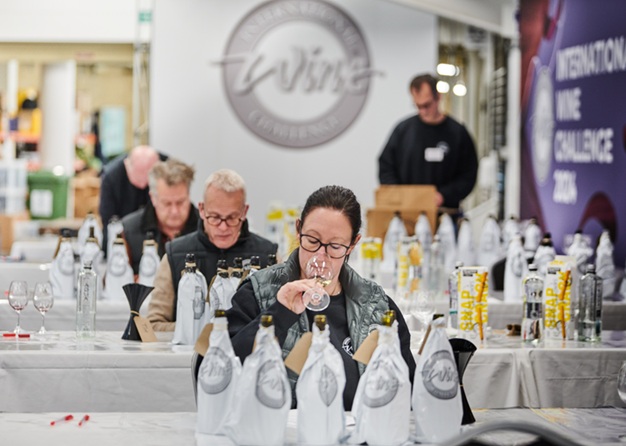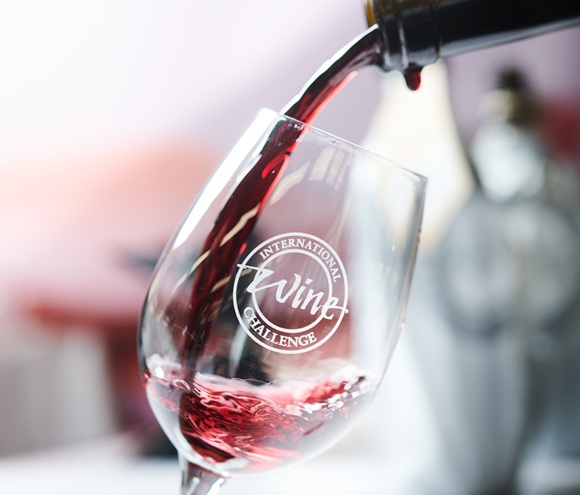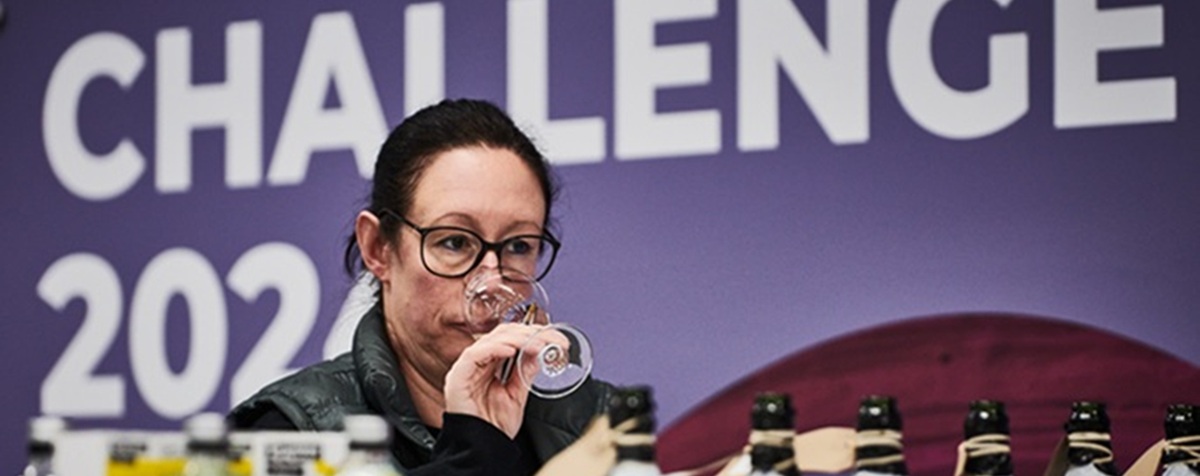Here are five reasons why you should take the time and effort to fill in the form and enter this competition.
1. Boosts credibility and recognition
Winning a gold, silver, or bronze medal from the highly respected IWC immediately signals to consumers and trade buyers that your wine has been independently judged by experts, including Masters of Wine, sommeliers, winemakers, and buyers, ensuring the awards carry real weight. More than 250 expert judges will be involved in this year’s competition.Each medal-winning wine at the IWC goes through two rounds of blind tastings. Each judging panel is led by a recognised and highly experienced wine expert. Even so, each of their medal decisions is double-checked by the IWC’s esteemed co-chairs (pictured below): Tim Atkin MW, Sam Caporn MW, Oz Clarke, Dr Jamie Goode, Peter McCombie MW, and Helen McGinn.
Oz Clarke comments: “Wineries should enter the IWC because they know they will be rigorously judged by highly skilled global judges and by the co-chairs who, between them, will cover every possible style of wine that the world has to offer.”
For established brands, an IWC medal reinforces their image of quality and consistency. For smaller producers and emerging wine regions, a medal can put them on the global wine map.

2. Boosts sales and marketability
Consumers often use medals and scores as shortcuts for decision-making. A medal prominently displayed on a bottle or in marketing materials can increase sales significantly.Supermarkets and wine merchants are more likely to stock wines with award credentials.
Restaurants and sommeliers trust competition results when selecting wines for their lists.
Online retailers prominently feature medals in product descriptions, increasing click-through rates and conversions.
3. Gain media attention and prestige
The IWC results generate global press coverage, and award-winning wines often appear in wine magazines, blogs, and newspapers. This free publicity helps wineries stand out in a competitive market.Camel Valley, in Cornwall, England, has been winning medals since 2005. Winemaker Sam Lindo told Canopy it’s their main marketing tool. “Entering the Wine Challenge is our marketing spend. That’s it, that’s all we do.
“The number one reason we enter is, if you have success, the Wine Challenge will market your wines better than any other competition, that’s for sure. We also use it to benchmark our wines to see where we are with the quality of the wine, especially with our sparkling wines.
“It’s great to get that independent feedback, and it’s a really cost-effective way of doing that. Also, if the wine is in shops, people pick up wines with medals on.”
Sam adds: “When we won best rosé sparkling in the world in the 2012 Wine Challenge, people came from far and wide to find out what the best sparkling rosé in the world tasted like.”
4. Attract importers and distributors
For wineries looking to expand into new markets, a medal serves as a stamp of approval. Many importers actively seek wines that have won competitions because they know these wines have already been vetted by professionals.Rosie Dunphy, owner of Coal Pit Wines in New Zealand, says: “By winning the IWC awards multiple times, it actually gave us recognition on a global scale. Now, we are fortunate enough to be exporting to America, Australia, the UK, Canada, and Singapore.”

5. Benchmark against the competition
Submitting wines to the IWC allows producers to compare their quality against peers. Judges now provide detailed feedback on all wines entered into the competition, irrespective of medal status – helping winemakers refine their techniques and improve future vintages.One sparkling wine producer uses the competition to test their dosage – tweaking it for subsequent bottlings if they get a bronze or commended instead of a gold or silver.
Is the entry fee worth it?
The entry fee for the IWC is £167 per bottle (+ VAT if you are based in the UK), plus shipping costs. The potential return on investment – through increased sales, visibility, and credibility – often outweighs the cost.
ENTER NOW

 English
English French
French







.png)


